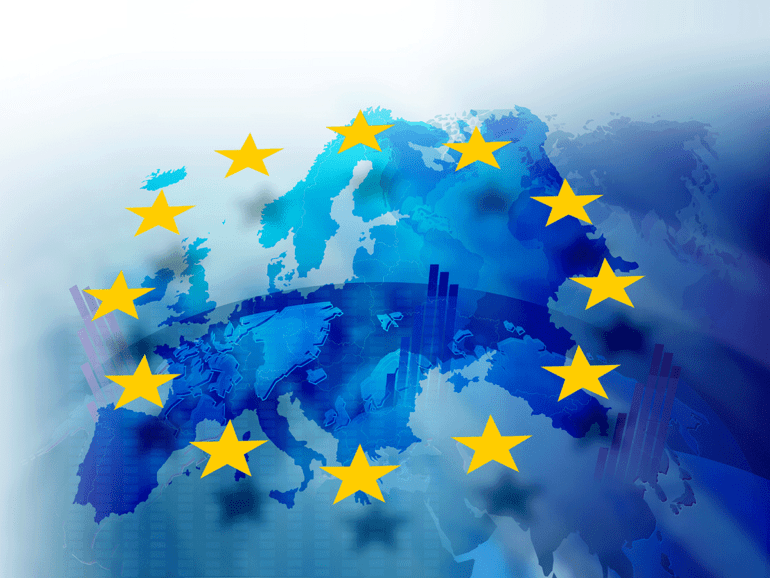- Tilde, a leading European language technology company, wins the Large AI Grand Challenge by the European Commission.
- Award includes €250,000 prize and 2 million GPU hours on LUMI supercomputer.
- Objective is to develop a foundational Large Language Model (LLM) for European languages.
- Focus on addressing language inequality in AI and promoting linguistic inclusivity.
- Tilde aims to enhance AI applications for over 155 million Europeans with a multilingual LLM.
- Project emphasizes open science and ethical data handling practices.
- CEO Arturs Vasilevskis highlights the team’s commitment to advancing AI accessibility.
Main AI News:
Brussels, June 28, 2024 – Tilde, a prominent European language technology company based in Latvia, has been declared a winner of the Large AI Grand Challenge by the European Commission. This prestigious accolade, announced by EC Commissioner Thierry Breton, includes a €250,000 monetary prize along with 2 million GPU hours on LUMI, Europe’s fastest supercomputer. These resources are earmarked to propel the development of a foundational Large Language Model (LLM) tailored for European languages, aimed at addressing language inequality in Generative AI and fostering linguistic inclusivity across the continent.
The Large AI Grand Challenge, funded by the European Commission, seeks to expand the frontiers of AI within Europe by harnessing the potential of large-scale AI models. Participants in the competition comprised innovative startups and SMEs capable of developing AI models to enhance Europe’s competitiveness in Generative AI.
Tilde entered the competition with a visionary goal: to create a pioneering large AI model that promotes linguistic inclusivity across Europe. Presently, many AI models are predominantly trained on English and a handful of major global languages, leaving numerous European languages underrepresented and perpetuating language inequality within AI frameworks. Tilde’s ambition is to develop a multilingual LLM that encapsulates the linguistic richness of Europe, with a specific emphasis on Eastern European and Baltic languages that are currently underrepresented in existing models.
This groundbreaking initiative by Tilde aims to enhance AI applications and Natural Language Processing tools for over 155 million Europeans. The high-parameter LLM envisioned by Tilde will bolster functionalities such as machine translation, text generation, summarization, text classification, and more. Crucially, the project adheres to open science principles and ethical data handling practices, ensuring that its resources are freely accessible to the wider research community.
Arturs Vasilevskis, CEO of Tilde, expressed his enthusiasm about the award, stating, “The recognition of Tilde’s commitment to advancing AI developments for all linguistic communities in Europe is truly gratifying. Our team of experienced researchers, engineers, and linguists is eager to leverage one of the world’s most powerful supercomputers to develop a pioneering model from the vast datasets we’ve accumulated.“
Tilde’s innovative approach and dedication to ethical, open-access solutions are poised to make a profound impact, ensuring that advanced AI technologies benefit every language within the EU. This initiative aligns with Tilde’s mission to promote digital equity and inclusion across linguistic boundaries. The €250,000 monetary prize and 2 million GPU hours awarded to Tilde will be instrumental in realizing these ambitious goals over the coming year.
Conclusion:
Tilde’s victory in the European Commission’s Large AI Grand Challenge signifies a significant step towards bridging language gaps within AI technologies across Europe. By focusing on developing a multilingual Large Language Model, Tilde not only aims to improve AI applications but also promotes digital equity and inclusivity within the EU. This initiative underscores the growing importance of linguistic diversity in AI development and sets a precedent for future advancements in language technology on a continental scale.

